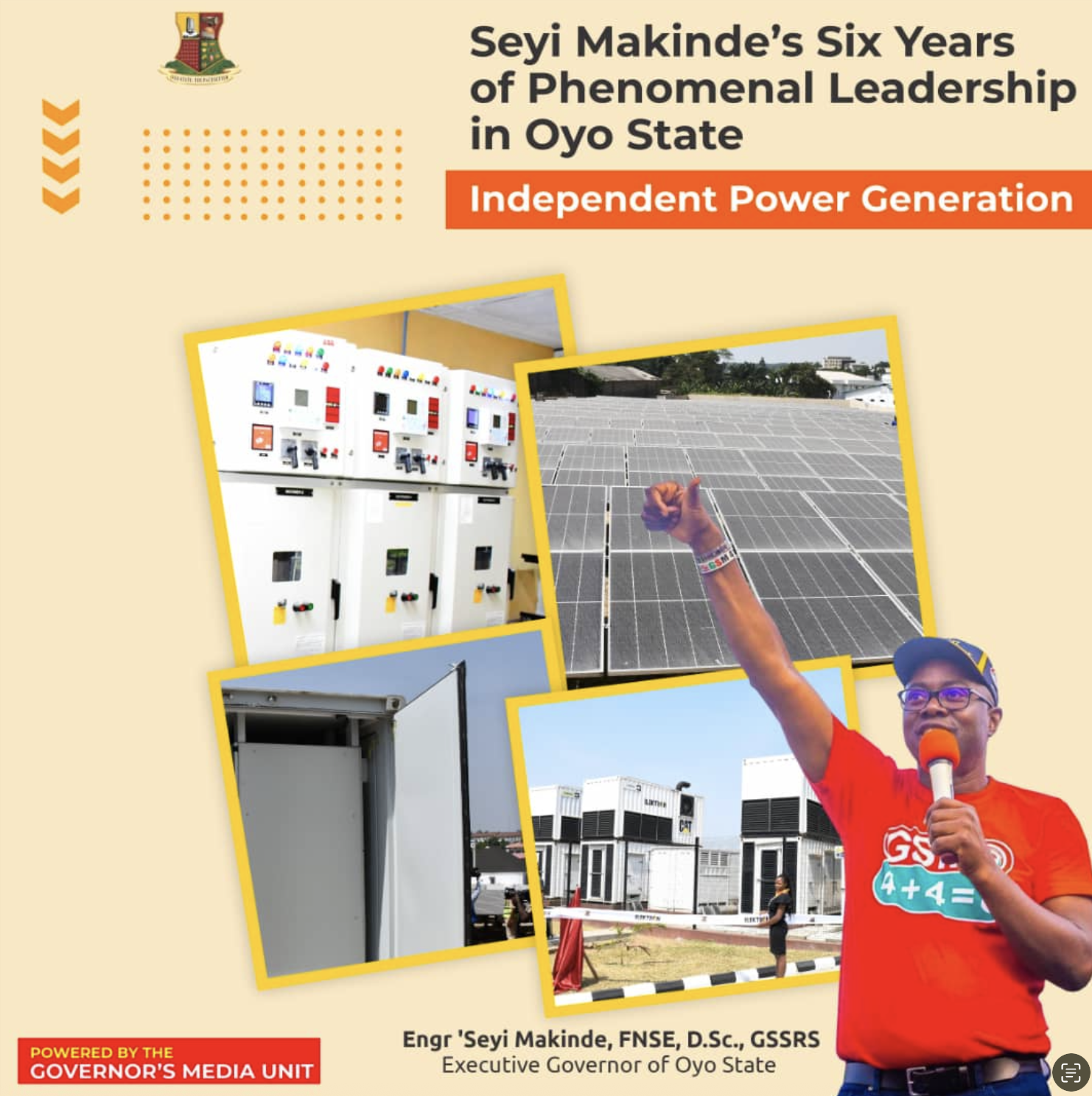The African Agricultural Technology Foundation, AATF, one of the investors at Fasola Agribusiness industrial hub through the Oyo State Agribusiness Development Agency (OYSADA), has equipped over 1,200 local cassava farmers and processors with skills in cassava value-addition and good agronomic practices for industrial agriculture
The Oyo local farmers were also able to learn financial management. Wise ways to invest, get profits as well to borrow money responsibly, and make informed decisions regarding financial products and services.
The training program called “Good Agronomic Practices (GAP),” which was held from the 9th to 17th of October, at Fashola Agribusiness industrial hub, Fasola near Oyo town in Oyo State, was facilitated by AATF in collaboration with NRCRI. It was funded by the German Federal Ministry for Economic Cooperation and Development, with implementation by Deutsche Gesellschaft für Internationale Zusammenarbeit GmbH. It targeted over 6,000 beneficiaries, with a particular focus on empowering women and youths.
The project team lead, Adeyemi Olojede, who is a director at the National Root Crop Research Institute, Umudike,
said the training covered good agronomic practices, value addition, and financial management enhancing the skills of cassava farmers and processors in the Southwest.
Also speaking at the training, the AATF Communication Officer, Alex Abutu, said the 1,200 trainees were part of the 6,000 farmers AATF had previously promised to train. He said the objective of the training was to teach cassava farmers and processors how to apply good agronomic practices to ensure high yields in cassava.
According to Abutu, AAFT decided to start the training from Fashola village because the area had a history of producing more cassava than any other place in the South-West and AATF has also established a state of the art cassava processing factory within the industrial hub at Fasola
“We are worried that farmers are still harvesting less than 10 tonnes per hectare when cassava with good agronomic practices can yield up to 30 tonnes per hectare. So, farmers at the training are being taught how to ensure they get maximum profit from farming and for them to understand the importance of cassava mechanization,” he said.
At the end of the two weeks of training, the cassava farmers and processors were taught basic things they needed to do to effectively and efficiently boost their production and increase their livelihood.
Speaking with journalists at the end of the two weeks of training, Mrs. Ojo commended the training’s organizers, saying the training had exposed her to the benefits of modern farming methods. She said, ” We learnt enough within the 2 weeks; we were able to understand the modern ways of Cassava production and processing.
Also, a cassava-producing farmer, Wasiu Adeoye, appreciated the management of Fasola farms and organizers of the training, saying the training exposed him to ways of addressing some of the challenges confronting him in the farming business, added that, at the end of the training, he was able to acquire knowledge, skills, and confidence to manage his farm finances wisely.
Unlike before, most of us farmers here have now learnt how we can manage finances according to our farm capacity
for themselves and family’s benefit. We also learnt several ways to plan and live with a budget and save money for the future,” he said.
Oyo state is gearing up to revolutionise its agricultural sector from just peasantry system to industrial agriculture that creates market driven approach through its agribusiness industrial hub for increase productivity and market for farmers production .























